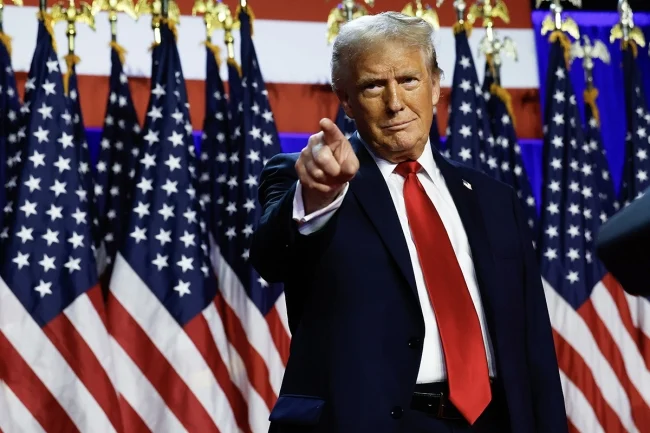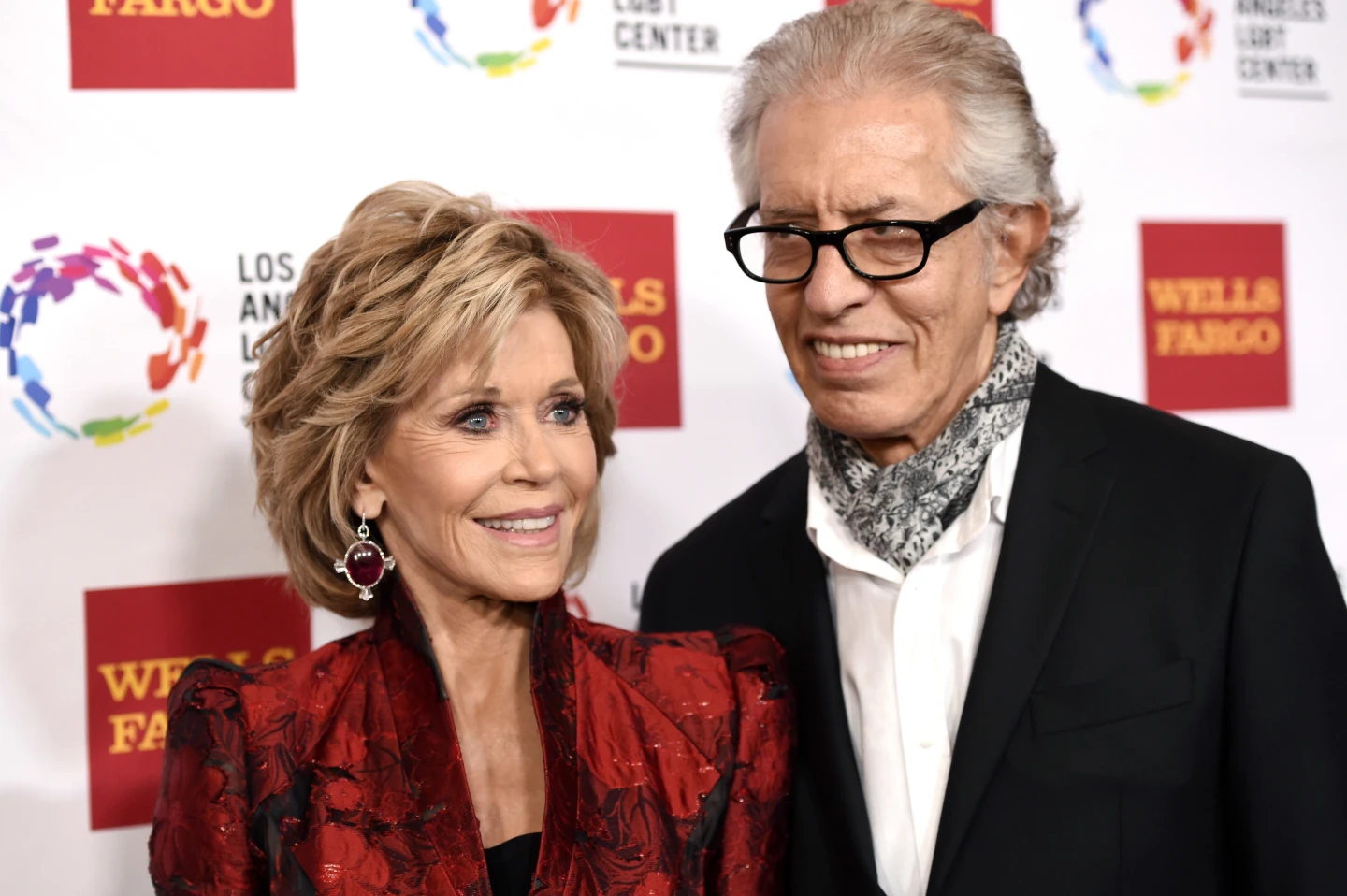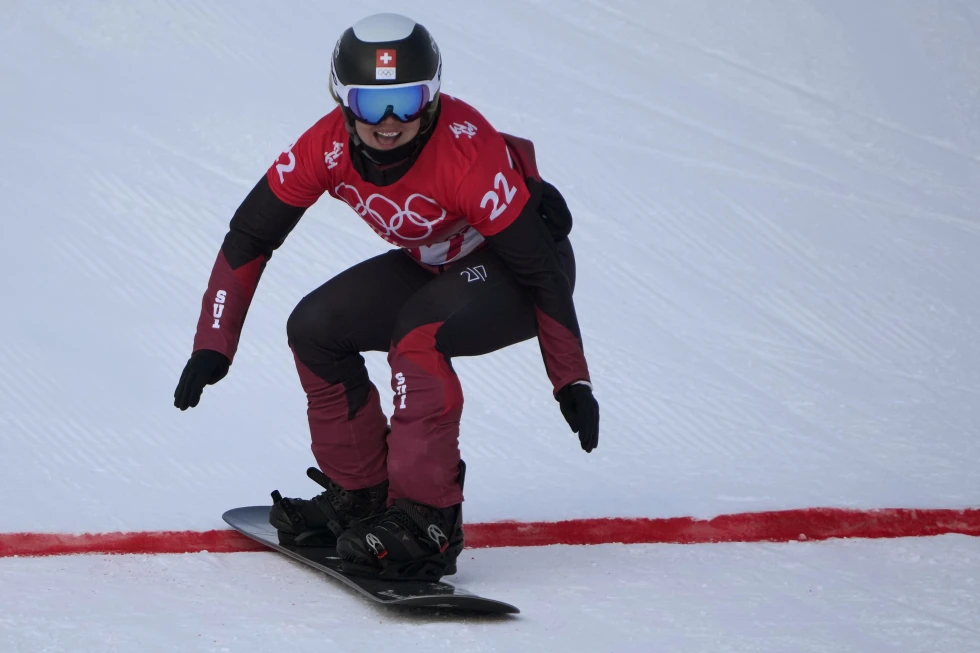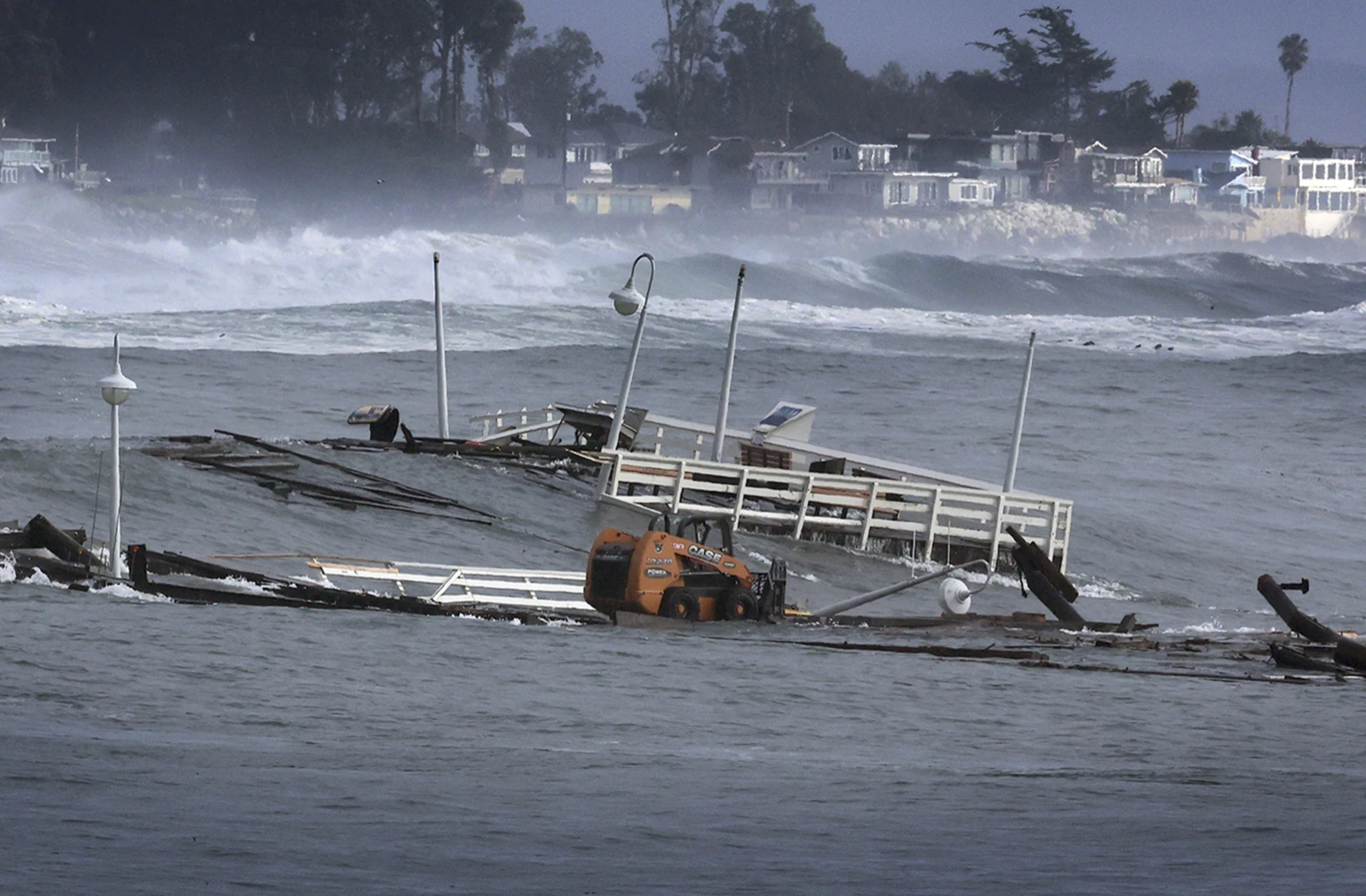Trump Advisers Float Plans to End Ukraine War, Ceding Territory to Russia

A Reuters analysis reveals that several key advisors to President-elect Donald Trump are proposing peace plans for the Ukraine conflict that would involve significant territorial concessions to Russia.
These proposals, floated publicly and privately, suggest a potential strategy for ending the nearly three-year-old war, though their feasibility is heavily debated.
Three prominent advisors – including incoming Russia-Ukraine envoy, retired Lieutenant-General Keith Kellogg – are behind the plans. Common elements include abandoning Ukraine’s bid for NATO membership. The approach hinges on directing both Moscow and Kyiv into negotiations, using a combination of incentives and penalties. This could involve withholding military aid from Ukraine unless it agrees to talks, while simultaneously increasing aid if Russian President Vladimir Putin refuses.
During his election campaign, Trump repeatedly vowed to end the war within 24 hours of his inauguration. However, details of his strategy remain scarce. While analysts and former national security officials express skepticism about the practicality of such a swift resolution, the advisors’ statements offer glimpses into a potential Trump peace plan.
Ukrainian leader Volodymyr Zelensky, facing mounting pressure and territorial losses, has signaled openness to negotiations, though he remains committed to NATO membership. However, analysts doubt Putin’s willingness to engage, believing he may prefer to capitalize on his current military advantage. Putin’s conditions for a truce – including Ukraine relinquishing its NATO aspirations and surrendering territories as Russian – remain a significant obstacle.
Multiple proposals are reportedly under consideration. Kellogg’s plan suggests freezing the current front lines, offering increased US weapons to Kyiv only if it agrees to talks, and threatening Moscow with increased aid to Ukraine if negotiations fail. It also proposes providing Ukraine with US security guarantees. Senator JD Vance has suggested a heavily fortified demilitarized zone along existing front lines, also denying Ukraine NATO membership. Former acting intelligence chief Richard Grenell has proposed the creation of autonomous zones in eastern Ukraine.
While President-elect Trump has yet to assemble a central working group to consolidate these ideas, the plans likely depend on direct engagement between Trump, Putin, and Zelensky. The Kremlin has declined to comment, while a Trump spokesperson reiterated his commitment to restoring peace. The Ukrainian government has yet to respond.








